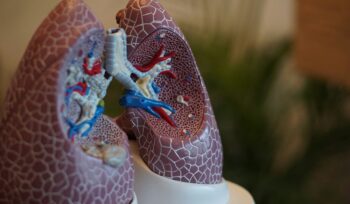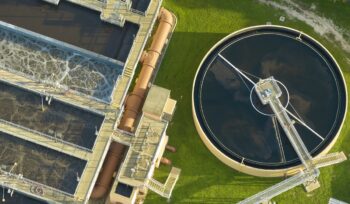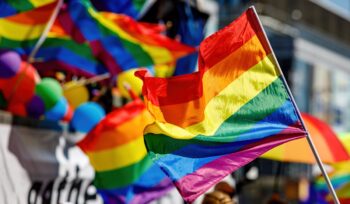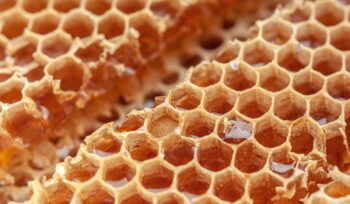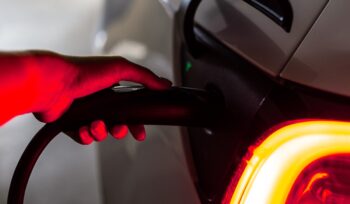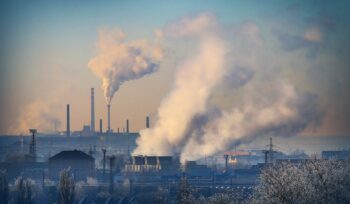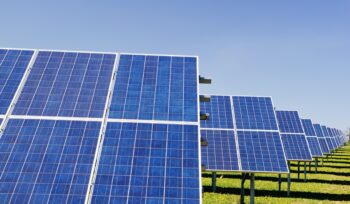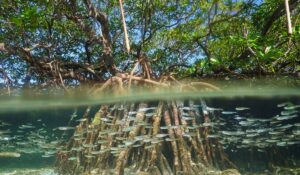We are building the world’s largest database of social change milestones, from the first fire to today’s good news. Change is not only possible, it has happened consistently throughout human history.
Filter by era, country, topic, actor, source, and more.
4755
change milestones archived
Filters
Search
Era
- Tomorrow (2025 C.E. - ???)
- Today (2017 C.E. - 2024 C.E.)
- Post-modernity (1945 - 2016 C.E.)
- Modernity (1500 - 1945 C.E.)
- Post-classical (500 - 1500 C.E.)
- Civilization (3000 B.C.E. - 500 C.E.)
- Agriculture (10000 - 3000 B.C.E.)
- Prehistory (250000 - 10000 B.C.E.)
Years
Topic
Country
Actor
Filters
Search
Era
- Tomorrow (2025 C.E. - ???)
- Today (2017 C.E. - 2024 C.E.)
- Post-modernity (1945 - 2016 C.E.)
- Modernity (1500 - 1945 C.E.)
- Post-classical (500 - 1500 C.E.)
- Civilization (3000 B.C.E. - 500 C.E.)
- Agriculture (10000 - 3000 B.C.E.)
- Prehistory (250000 - 10000 B.C.E.)
Year
Topics
Region
Countries
State/Province
Institution
Sources
-
2024 C.E. August 23
World-first lung cancer vaccine trials launched across seven countries
Lung cancer is the world’s leading cause of cancer death, accounting for about 1.8 million deaths every year. Now experts are testing a new jab that instructs the body to hunt down and kill cancer cells – then prevents them from ever coming back. Known as BNT116 and made by BioNTech, the vaccine is designed to treat non-small cell lung cancer, the most common form of the disease. The phase 1 clinical trial, the first human study of BNT116, has launched across 34 research sites in seven countries: the U.K., U.S., Germany, Hungary, Poland, Spain, and Turkey.
-
2024 C.E. August 23
Tofino, B.C., to stop discharging untreated sewage into the ocean
The District of Tofino has opened its first wastewater treatment plant, with officials calling it a "major milestone" for the community of around 2,500 people. The facility, which took around two years to build, will enable the district to end its decades-long practice of sending raw sewage into the ocean.
-
2024 C.E. August 18
China awards visitation rights to gay mom in historic first
Since China abandoned its one-child policy in 2016 in the face of quickly declining birth rates, the courts are now inclined to protect the rights of children born outside the traditional heterosexual paradigm. Children born to unmarried couples and single and LGBTQ+ parents are experiencing a level of acceptance unknown in China in the past.
-
2024 C.E. August 21
Manuka honey reduces breast cancer cell growth by 84% in preliminary studies
Manuka honey is produced from the nectar collected by honey bees when they pollinate the mānuka, a species of tea tree indigenous to New Zealand and southeast Australia. Now, preliminary studies by researchers at UCLA have found that this nutraceutical might aid in breast cancer prevention and treatment. The honey-treated mice showed significantly suppressed tumor growth compared to controls. Overall, it inhibited the growth and progression of an established human breast cancer tumor by 84% without affecting healthy cells.
-
2024 C.E. August 21
Kenya to acquire 1,000 EVs per year for federal staff
The Kenyan government’s move to start buying electric vehicles could be good news for companies that are looking assemble or retail electric cars in the country. The announcement just said “vehicles,” and therefore could include electric buses, trucks, and motorcycles as well, which would be a major boost for Kenya’s nascent electric vehicle ecosystem.
-
2024 C.E. August 20
China’s new coal projects plummet by 80% in 2024
From January through June, Chinese officials permitted 10.3 gigawatts of new coal capacity, far less than the 50.4 gigawatts approved in the first half of last year, according to an analysis from Greenpeace and the Shanghai Institutes for International Studies. While China is bullish on renewables — it is currently building twice as much wind and solar as the rest of the world combined — officials have been looking to coal to meet demand when solar and wind are in short supply.
-
2024 C.E. August 19
New Zealand’s biggest solar farm secures finance to go ahead at Christchurch Airport
Leading global renewable energy developer Lightsource BP has secured $NZ267 million in financing for its 168MW Kōwhai Park solar project planned to be built at the Christchurch Airport, which will be – for a time – the largest in the country. The solar farm is expected to begin construction later this year and begin operations some time in 2026. Once operational, the Kōwhai Park solar farm will generate over 275GWh per year, equivalent to the annual demand of approximately 36,000 homes.
-
2024 C.E. August 15
U.S. Federal Communications Commission adopts an alert system for missing Indigenous people
This new alert code, according to the federal agency, would be similar to the nationwide Amber Alert system and will help law enforcement agencies across the country to issue timely alerts to the public through cellphones, televisions and radios. The new "MEP" alert code is part of the efforts to address disparities in searching for and locating thousands of missing Indigenous persons in the U.S., who are at higher risk of being victims of violence, homicide, and of going missing, the FCC said in a news release.
-
2024 C.E. August 15
MIT scientists reverse opioid overdoses with ‘Narcan sensor’ implanted under skin
In 2023, more than 100,000 Americans died from opioid overdoses. The most effective way to save someone who has overdosed is to administer a drug called naloxone, but help can’t always reach the person in time. Researchers at MIT and Brigham and Women’s Hospital have developed a new device to address this problem. The device, about the size of a stick of gum, can be implanted under the skin. When it determines that an overdose has occurred, it rapidly pumps out a dose of naloxone.
-
2024 C.E. August 15
Bangladeshi women embrace mangrove restoration as an alternative livelihood
The vast Sundarbans mangrove forests along the southern coast of Bangladesh act as a shield and protect the coastal people and their livelihoods from tropical cyclones and tidal surges. In the last couple of years, the number of mangroves in the zone has increased as the government and some NGOs have introduced programs to plant mangrove trees on the coastal embankments as protection measures. Women from coastal villages, who know the ecosystem well, have been at the forefront of these reforestation projects and have also become entrepreneurial with mangrove forest resources.
-
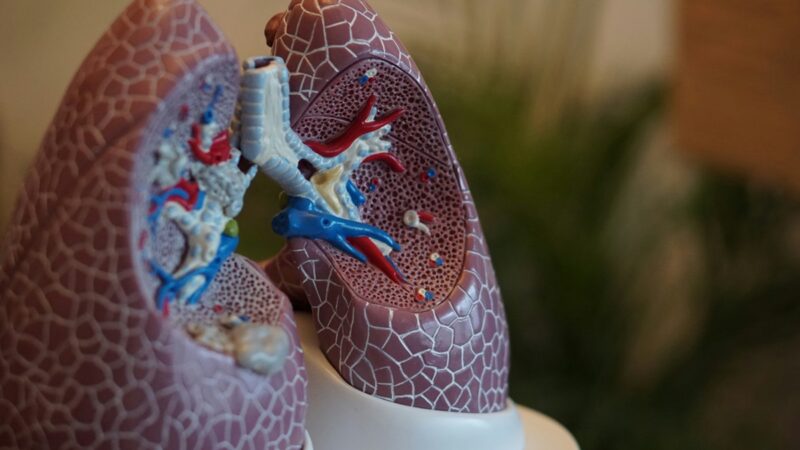 2024 C.E. August 23
2024 C.E. August 23World-first lung cancer vaccine trials launched across seven countries
Lung cancer is the world’s leading cause of cancer death, accounting for about 1.8 million deaths every year. Now experts are testing a new jab that instructs the body to hunt down and kill cancer cells – then prevents them from ever coming back. Known as BNT116 and made by BioNTech, the vaccine is designed to treat non-small cell lung cancer, the most common form of the disease. The phase 1 clinical trial, the first human study of BNT116, has launched across 34 research sites in seven countries: the U.K., U.S., Germany, Hungary, Poland, Spain, and Turkey.
-
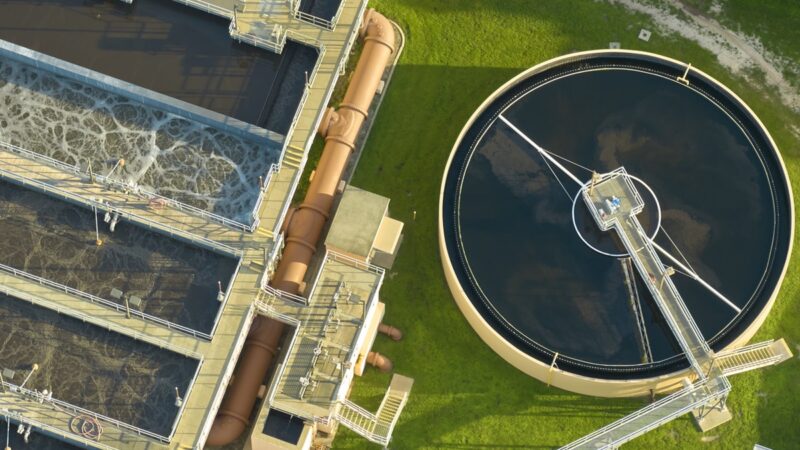 2024 C.E. August 23
2024 C.E. August 23Tofino, B.C., to stop discharging untreated sewage into the ocean
The District of Tofino has opened its first wastewater treatment plant, with officials calling it a "major milestone" for the community of around 2,500 people. The facility, which took around two years to build, will enable the district to end its decades-long practice of sending raw sewage into the ocean.
-
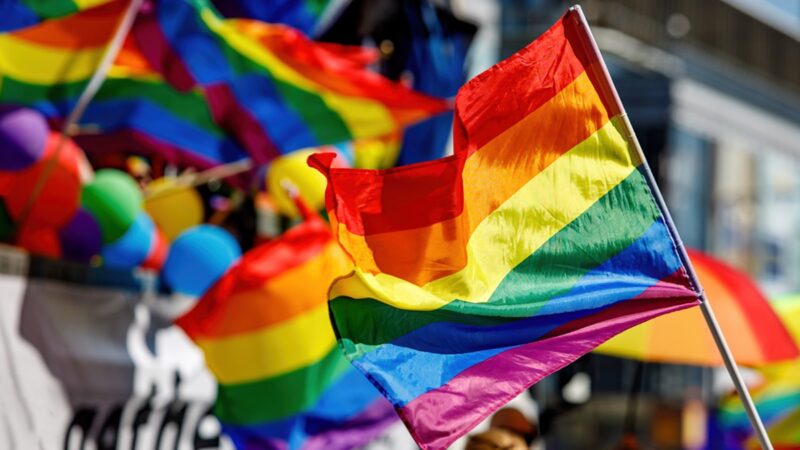 2024 C.E. August 18
2024 C.E. August 18China awards visitation rights to gay mom in historic first
Since China abandoned its one-child policy in 2016 in the face of quickly declining birth rates, the courts are now inclined to protect the rights of children born outside the traditional heterosexual paradigm. Children born to unmarried couples and single and LGBTQ+ parents are experiencing a level of acceptance unknown in China in the past.
-
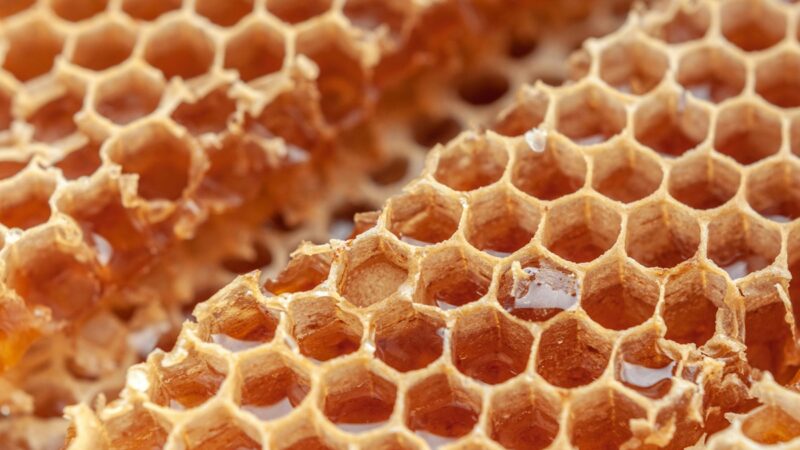 2024 C.E. August 21
2024 C.E. August 21Manuka honey reduces breast cancer cell growth by 84% in preliminary studies
Manuka honey is produced from the nectar collected by honey bees when they pollinate the mānuka, a species of tea tree indigenous to New Zealand and southeast Australia. Now, preliminary studies by researchers at UCLA have found that this nutraceutical might aid in breast cancer prevention and treatment. The honey-treated mice showed significantly suppressed tumor growth compared to controls. Overall, it inhibited the growth and progression of an established human breast cancer tumor by 84% without affecting healthy cells.
-
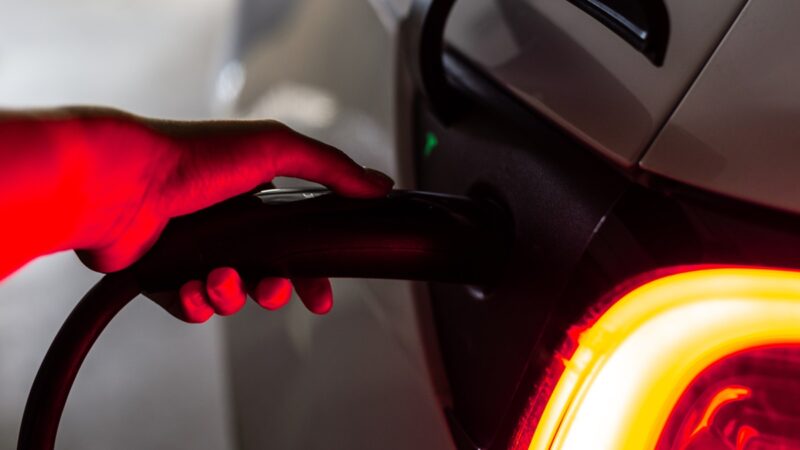 2024 C.E. August 21
2024 C.E. August 21Kenya to acquire 1,000 EVs per year for federal staff
The Kenyan government’s move to start buying electric vehicles could be good news for companies that are looking assemble or retail electric cars in the country. The announcement just said “vehicles,” and therefore could include electric buses, trucks, and motorcycles as well, which would be a major boost for Kenya’s nascent electric vehicle ecosystem.
-
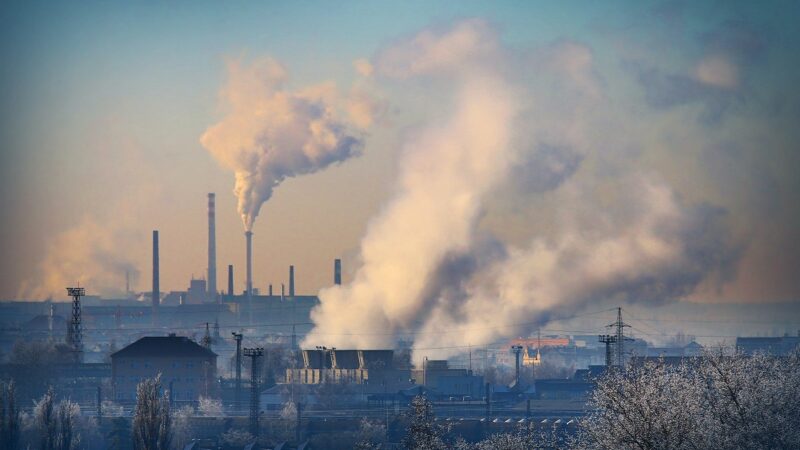 2024 C.E. August 20
2024 C.E. August 20China’s new coal projects plummet by 80% in 2024
From January through June, Chinese officials permitted 10.3 gigawatts of new coal capacity, far less than the 50.4 gigawatts approved in the first half of last year, according to an analysis from Greenpeace and the Shanghai Institutes for International Studies. While China is bullish on renewables — it is currently building twice as much wind and solar as the rest of the world combined — officials have been looking to coal to meet demand when solar and wind are in short supply.
-
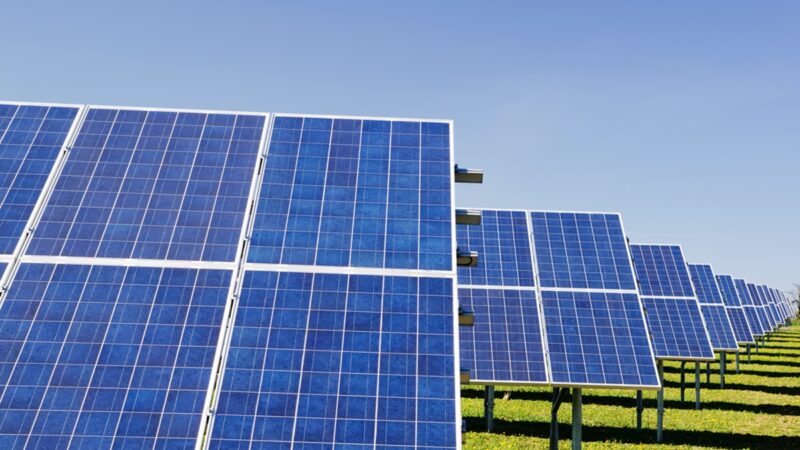 2024 C.E. August 19
2024 C.E. August 19New Zealand’s biggest solar farm secures finance to go ahead at Christchurch Airport
Leading global renewable energy developer Lightsource BP has secured $NZ267 million in financing for its 168MW Kōwhai Park solar project planned to be built at the Christchurch Airport, which will be – for a time – the largest in the country. The solar farm is expected to begin construction later this year and begin operations some time in 2026. Once operational, the Kōwhai Park solar farm will generate over 275GWh per year, equivalent to the annual demand of approximately 36,000 homes.
-
 2024 C.E. August 15
2024 C.E. August 15U.S. Federal Communications Commission adopts an alert system for missing Indigenous people
This new alert code, according to the federal agency, would be similar to the nationwide Amber Alert system and will help law enforcement agencies across the country to issue timely alerts to the public through cellphones, televisions and radios. The new "MEP" alert code is part of the efforts to address disparities in searching for and locating thousands of missing Indigenous persons in the U.S., who are at higher risk of being victims of violence, homicide, and of going missing, the FCC said in a news release.
-
 2024 C.E. August 15
2024 C.E. August 15MIT scientists reverse opioid overdoses with ‘Narcan sensor’ implanted under skin
In 2023, more than 100,000 Americans died from opioid overdoses. The most effective way to save someone who has overdosed is to administer a drug called naloxone, but help can’t always reach the person in time. Researchers at MIT and Brigham and Women’s Hospital have developed a new device to address this problem. The device, about the size of a stick of gum, can be implanted under the skin. When it determines that an overdose has occurred, it rapidly pumps out a dose of naloxone.
-
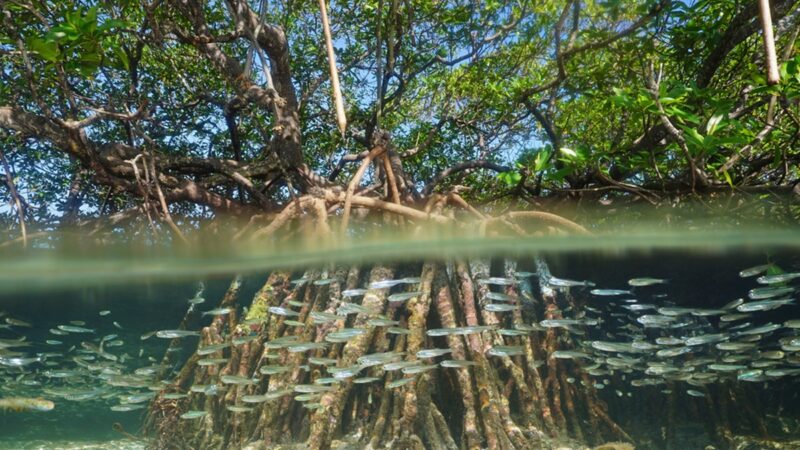 2024 C.E. August 15
2024 C.E. August 15Bangladeshi women embrace mangrove restoration as an alternative livelihood
The vast Sundarbans mangrove forests along the southern coast of Bangladesh act as a shield and protect the coastal people and their livelihoods from tropical cyclones and tidal surges. In the last couple of years, the number of mangroves in the zone has increased as the government and some NGOs have introduced programs to plant mangrove trees on the coastal embankments as protection measures. Women from coastal villages, who know the ecosystem well, have been at the forefront of these reforestation projects and have also become entrepreneurial with mangrove forest resources.

